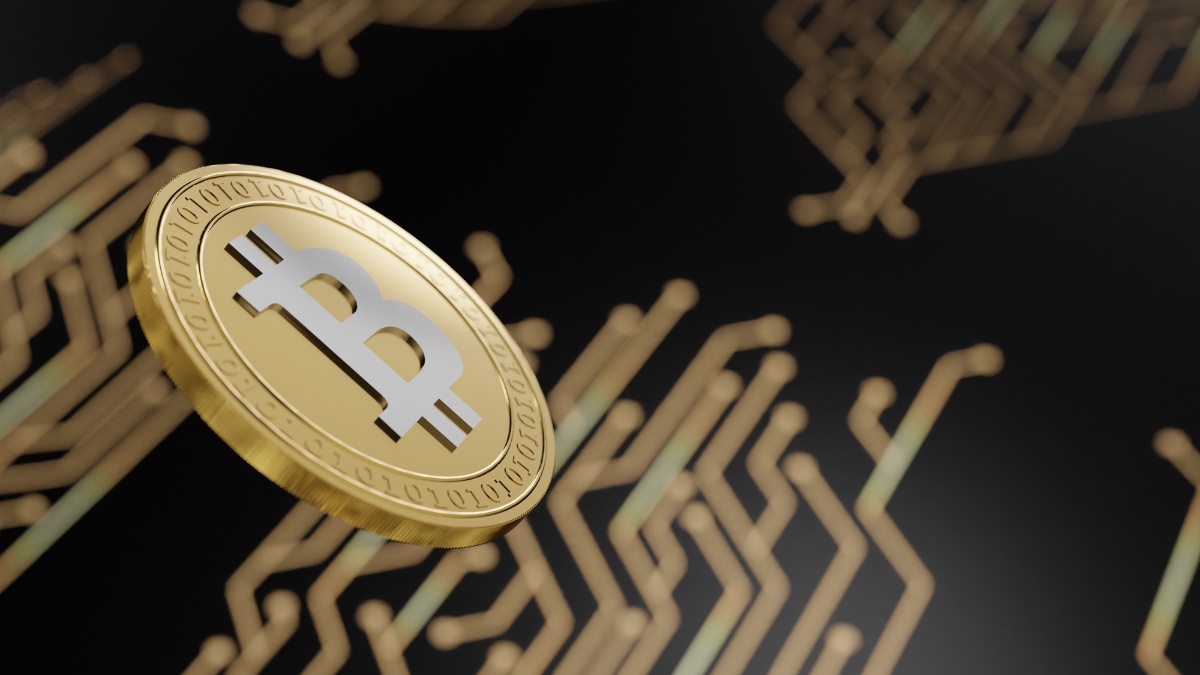In the ever-evolving landscape of cryptocurrency development, the role of oracles has emerged as a critical component in ensuring the seamless integration of blockchain technology with real-world data. Oracles act as bridges between the blockchain and external data sources, providing smart contracts with access to real-time information that is crucial for executing their functions accurately and efficiently.
Understanding Oracles
Oracles are third-party services or software that retrieve and verify external data, such as market prices, weather conditions, or sports scores, and deliver this information to smart contracts on the blockchain. They serve as trusted sources of data, ensuring that smart contracts can make informed decisions and perform actions based on real-world events.
Types of Oracles
There are several types of oracles, each serving a specific purpose in the cryptocurrency ecosystem:
-
Software Oracles: These are software programs that collect and verify data from various sources, such as APIs, websites, and IoT devices. They are responsible for ensuring the accuracy and integrity of the data they provide to smart contracts.
-
Hardware Oracles: Hardware oracles are physical devices that collect data from the real world, such as temperature sensors, GPS devices, or RFID readers. They are used to securely transfer this data to the blockchain, where it can be used by smart contracts.
-
Consensus Oracles: Consensus oracles rely on a network of nodes to reach a consensus on the validity of external data. This consensus mechanism helps ensure that the data provided to smart contracts is accurate and tamper-proof.
Role of Oracles in Cryptocurrency Development Services
Oracles play a crucial role in cryptocurrency development services by enabling smart contracts to interact with the real world. Some of the key roles of oracles include:
-
Access to Real-World Data: Oracles provide smart contracts with access to real-world data, such as asset prices, weather conditions, or supply chain information. This data is crucial for smart contracts to execute their functions accurately and autonomously.
-
Decentralized Finance (DeFi): In decentralized finance (DeFi) applications, oracles play a vital role in providing price feeds for assets, such as cryptocurrencies and fiat currencies. This information is used to determine asset prices for trading and lending purposes.
-
Supply Chain Management: Oracles can be used in supply chain management to track the movement of goods and verify their authenticity. This information can be stored on the blockchain and accessed by smart contracts to automate various processes, such as inventory management and logistics.
-
Insurance and Betting: Oracles are used in insurance and betting applications to determine the outcome of events, such as sports games or weather conditions. This information is used to trigger payouts or settle bets automatically.
-
Gaming: In the gaming industry, oracles can be used to verify the outcome of in-game events, such as battles or races. This information can be used to determine rewards or penalties for players.
Challenges and Future Outlook
While oracles play a crucial role in cryptocurrency development services, they also face several challenges, such as data manipulation, security vulnerabilities, and centralization risks. However, with the ongoing development of Oracle solutions and the adoption of decentralized Oracle networks, these challenges are being addressed, paving the way for a more secure and reliable Oracle ecosystem.
Conclusion
Oracles play a vital role in cryptocurrency development services by providing smart contracts with access to real-world data. They enable the automation of various processes in decentralized applications, such as DeFi, supply chain management, insurance, and gaming. Despite facing challenges, the future outlook for oracles is promising, as ongoing developments aim to enhance their security, reliability, and decentralization.


No comments yet